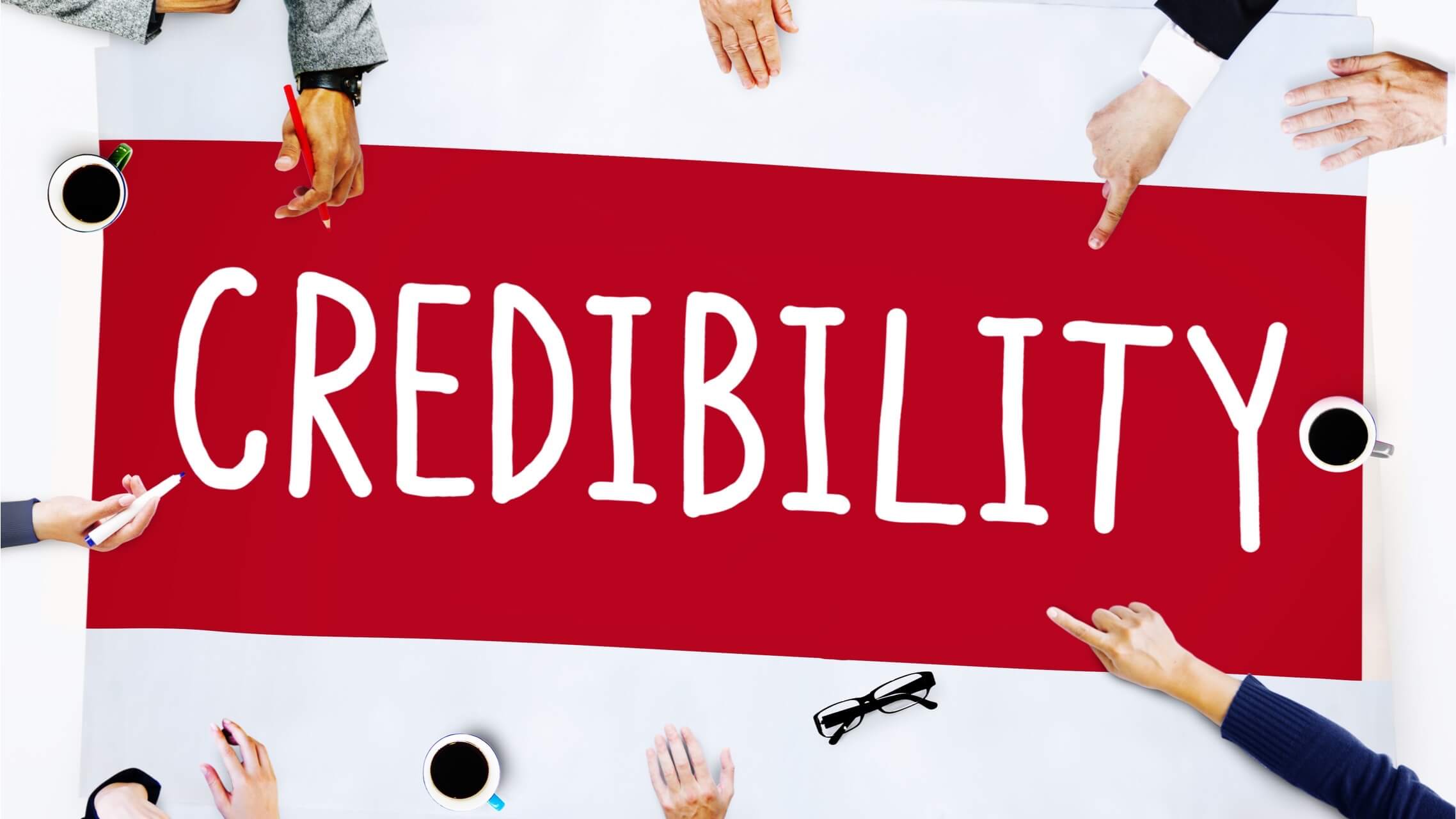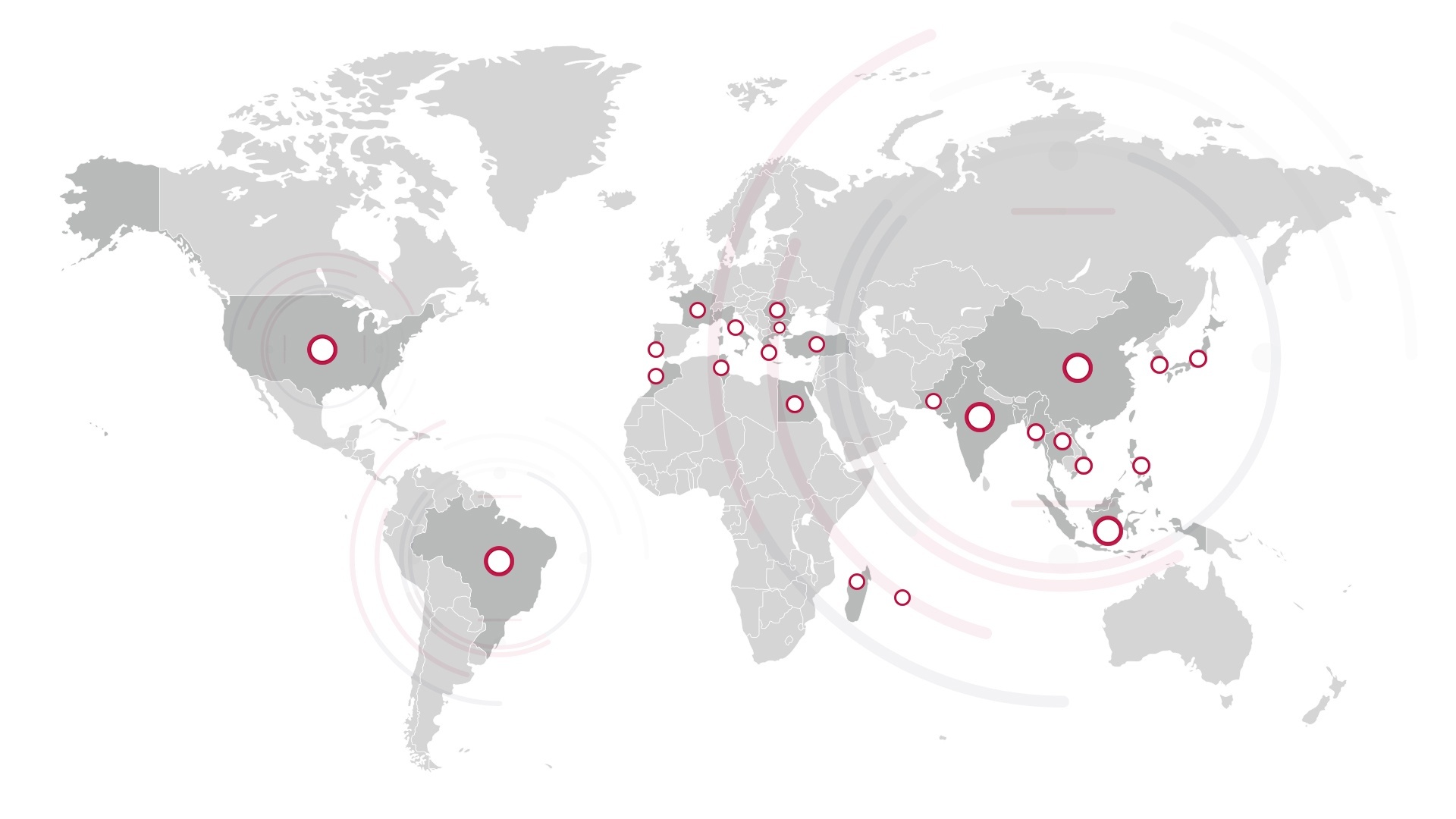Supply chains in retail have become increasingly complex and can be difficult to manage. Retailers are no longer managing their manufacturing processes alone, but rather, extend their supply networks around the world to work towards mutually beneficial long term supplier relationships, while maximizing their time, money and resources.
Therefore, enhancing credibility for your supplier relationships is crucial for achieving supply chain excellence. In this blog post, we’ll share a few valuable tips on how to build credibility with your suppliers.
The Importance of Credibility
Credibility refers to being believed or trusted. Without credibility, everything you say to your suppliers, investors, employees, and customers may be questioned or even worse, disbelieved. Consumers don’t want to buy a product from a brand they don’t trust Building credibility with suppliers takes time, consistency and commitment, and is not based on one single factor, but rather on an amalgamation of elements. Establishing credibility has many advantages for your supplier relationships, and is one of the most valuable assets your brand can have.
Together with transparency, credibility is one of the weapons you can use when facing challenges within the garment industry. If you experience strict production time constraints and need products produced within a short amount of time, your credibility with suppliers will see your product rolling down the production line in no time. Your stakeholders perceive your organization’s entirety through the lens of credibility, which they also use to make decisions and judgments based on your brand. Credibility fosters belief in your company as well as its ability to raise capital, attract investors and the most qualified employees who want to be a part of your brand. Lastly, credibility sets yours apart from competitors. Many brands struggle to stand out from rivals as the fashion industry is one of the most competitive industries in the world. But, maintaining credibility will help you survive and thrive while others falter.
You may be interested in our blog: 5 Brands That Failed But Saved Their Reputations
Working with multiple suppliers can be difficult to monitor, and ensuring that your suppliers uphold the correct standards and specifications becomes increasingly difficult. In recent years, the fashion industry has experienced a myriad of supply chain scandals which exposed human rights or social compliance issues. For example, not too long ago Nike made headlines for its sweatshop labor practices and experienced hefty backlash from the public to the point where it severely tarnished its reputation. Human rights scandals arise when brands don’t know that their suppliers further outsource their work to third and fourth tier suppliers. This was the case with Walmart apparel in the collapsed Rana Plaza factory in Bangladesh.
This type of scandal costs a brand millions and causes immense reputational damage and lost sales. Therefore, we emphasize the importance of credibility as it will ensure that the best suppliers in the market want to work with your brand, which altogether prevents these types of human rights and other environmental scandals from happening.
How to Build Credibility
Because of the ever-changing nature of the fashion industry, building and maintaining credibility can be tough. It takes a lot of discipline and patience. Managing expectations of your shareholders, investors, employees, and customers is a key to maintaining credibility. This is achieved through open and honest communication while ensuring all round transparency throughout your supply chain. Another starting point is to recognize any weaknesses your brand may have and convert them into achievable goals which both your brand and supplier can benefit from. This way, you’re able to acknowledge where your shortcomings may be while striving for continuous development and improvement with your suppliers.
Being authentic is another ingredient to achieving credibility with your suppliers. If your brand is authentic, you mean what you say and deliver those intentions into actions. If you’ve set a date to follow up with your suppliers on a particular order, you’ll be sure to do so timeously. If you need more time to send the Pre-Production Samples to your suppliers, you’ll notify them in advance of the possible delay, the reason and what the new due date will be. An authentic brand with credibility can be trusted by its supply chain partners to take due dates seriously, meet Key Performance Indicators and complete all other tasks that fall within the scope of their supply chain responsibilities. Keep in mind that as much as your brand is expected to build credibility with your suppliers, trust is a two-way street and you should only work with credible suppliers too.
Ultimately, one way to speed up your credit building process is to work with a specialist quality provider. Not only will they ensure the production of higher quality goods, but they are also experts in the industry and have worked with many suppliers over the years. Some of the communication problems which brands experience when working with suppliers abroad, such as language barriers and different time zones will be eliminated as they help to ensure the constant flow of open communication between you and your suppliers. Outsourcing your textile quality management systems has many benefits for your brand, including its cost effectiveness and increased quality, productivity and efficiency. Outsourcing quality will unquestionably increase your brand’s credibility with suppliers.
To read more about the benefits of outsourcing textile quality management, click here.
Do you have any questions in relation to building credibility for your supplier relationships? What measures have you taken to increase credibility with your suppliers? We’d love for you to join the conversation by leaving a comment below!
{{cta(‘f1000ad6-2b1d-4cdc-9854-652daab42f81′,’justifycenter’)}}




